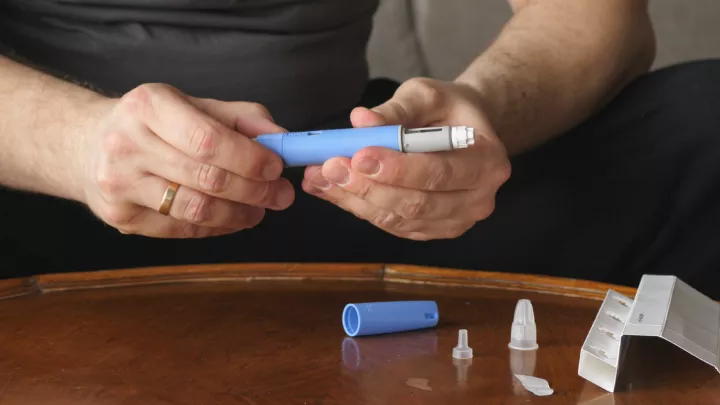You asked, we answered: Why do I keep getting canker sores, and how can I treat them?

Question:
Why do canker sores keep occurring in me and in my grandchildren? What is the best treatment for them?
Answered by Rachel A Johnson, APRN-NP, Internal Medicine
Canker sores – or recurrent aphthous stomatitis – are painful, small, round or oval ulcers that typically develop inside the mouth. Generally, canker sores are shallow with a reddened border and a yellowish or white center, lasting seven to 14 days.
These sores are the most common form of mouth ulcers – approximately 20% of Americans have had a canker sore at least once. Canker sores are more common in adolescents and young adults, in women more than men, and are less common as people age.
There are two primary types of canker sores: simple and complex. Simple canker sores are the most common form and generally occur only in the mouth. Usually, simple canker sores heal within two weeks and don’t scar.
Complex canker sores are less common but tend to be larger, more painful, more numerous and can take longer to resolve. This canker sore often takes four to six weeks to heal and may leave a scar. You can find complex canker sores in both the oral and genital areas.
There’s no exact known cause of canker sores, but experts believe any of the following factors increase your risk of canker sores, including:
- Injury or trauma to the mucous membrane lining the inside of your mouth
- A breakdown or change in your immune system’s processes
- Genetics
- Vitamin and mineral deficiencies, particularly vitamin B12
- Spicy or acidic foods
- Certain medications
- Emotional stress
Your health care provider can use one of several different treatments to help you. Treatment options for canker sores include:
- Topical corticosteroids – in the form of a mouthwash, ointment or gel
- Oral medications
- Over-the-counter creams and patches
- Salt water or baking soda rinses
In addition to these treatments, there are several tips you can use to help prevent canker sores, such as:
- Maintain good oral hygiene
- Use a soft bristle toothbrush
- Avoid injury or trauma to the mouth
Your medical provider can diagnose your canker sore by studying your medical history and conducting a physical examination. They may biopsy the affected area in more severe cases.
Canker sores are not the same as cold sores, which are caused by a virus and are contagious. Canker sores are quite common and are not contagious.







